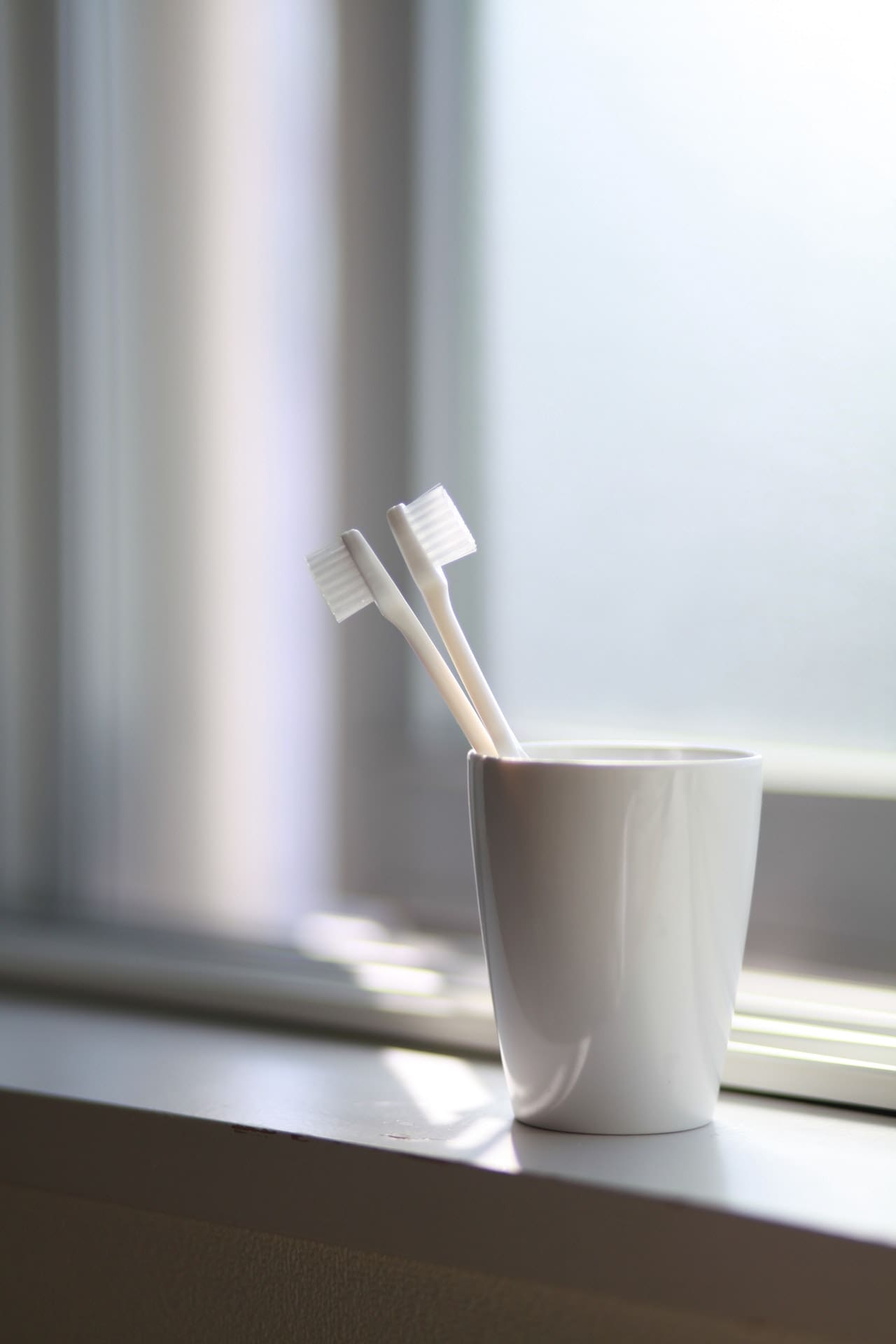Find out why dental hygiene for older people is such an important health consideration and how you can help your loved one maintain optimal dental health.
Dental hygiene for older people is a complicated, but incredibly important consideration.
Here, we’ll take a look at why older people find maintaining oral health increasingly challenging, why it’s so important and what you can do to support your loved one.
Why is it harder for older people to maintain good dental hygiene?
A number of factors may have an impact on your loved one’s dental hygiene, either individually or in combination.
These are some of the most common risk factors:
- Limited mobility: A host of conditions – such as arthritis or Parkinson’s – might make it harder for your loved one to carry out their regular teeth cleaning regime.
- Cognitive challenges: Dementia and other conditions associated with cognitive decline may make it harder for your loved one to remember their dental routine, or how to carry it out effectively.
- Outdated practices: Oral hygiene is a fast-moving field. It may simply be a matter of your loved one not being up-to-date with the latest recommendations on preventative and ongoing treatments.
Why is dental hygiene especially important for older people?
Despite these additional challenges, it’s immensely important that your loved one be given the support they need to maintain good dental hygiene.
Years of active use increases the risk of developing increasingly severe dental conditions, including:
- Oral infections
- Gum disease
- Root decay
- Tooth loss
- Uneven jawbone
Many older people also have difficulty staying properly nourished. Dental pain could exacerbate these difficulties by making the mealtime experience less enjoyable.
Serious dental conditions are frequently treated with dentures or similar apparatus, which would then require an additional cleaning regime.
By helping your loved one maintain good dental hygiene, you can help them avoid these outcomes and the associated pain and discomfort.
Maintaining dental hygiene for older people
These are some of the steps you can take to encourage your loved one to maintain good oral hygiene:
- Ask them whether they’re brushing twice per day and flossing once per day, and whether they’re experiencing any difficulties with their teeth cleaning routine.
- Find out when their last dental check-up was, whether they’re following any advice given, and when their next check-up is booked in.
- Enquire about any dental pain or movements they may be experiencing, or watch out for visual cues during mealtimes.
- If you’re cleaning their teeth for them, make sure to wash your hands before commencing and look out for any sores or inflammation.
- Check that they’ve got access to all the right tools for the job – think about specially adapted equipment, or an electric toothbrush if they’re having trouble with the cleaning motion.
How live-in care can help
Dental hygiene for older people can be a complicated responsibility that requires dedication, patience and attentiveness. Live-in carers are ideally placed to help your loved one maintain good oral health.
They are trained to carry out often complex dental care procedures effectively, and are on-hand to make sure they’re done regularly. A live-in carer can also monitor your loved one’s dental health over time, intervene when necessary and ensure they attend regular check-ups.
Follow these simple steps to help your loved one maintain optimal oral health.
Find out how our holistic approach to care can help older people maintain the best possible standard of health and hygiene.
